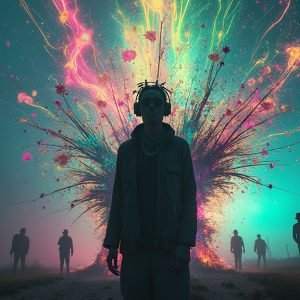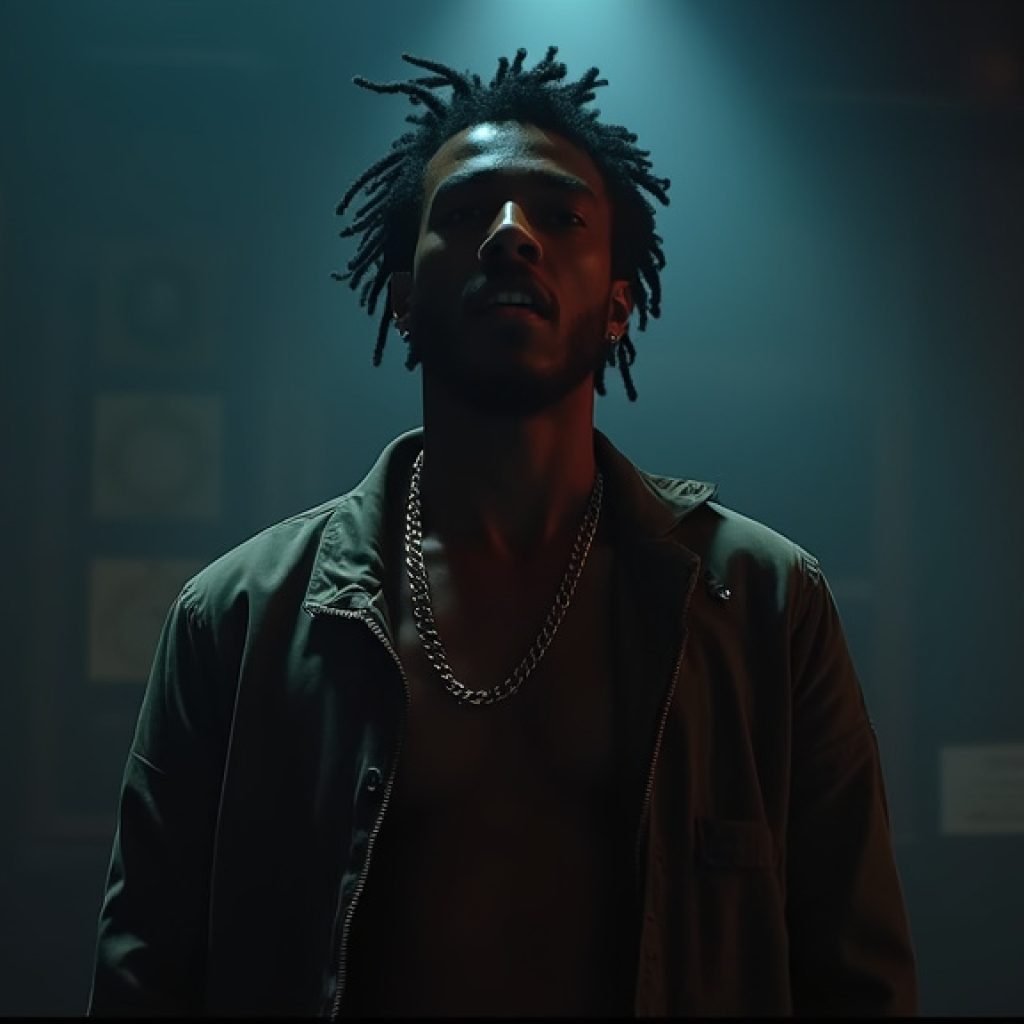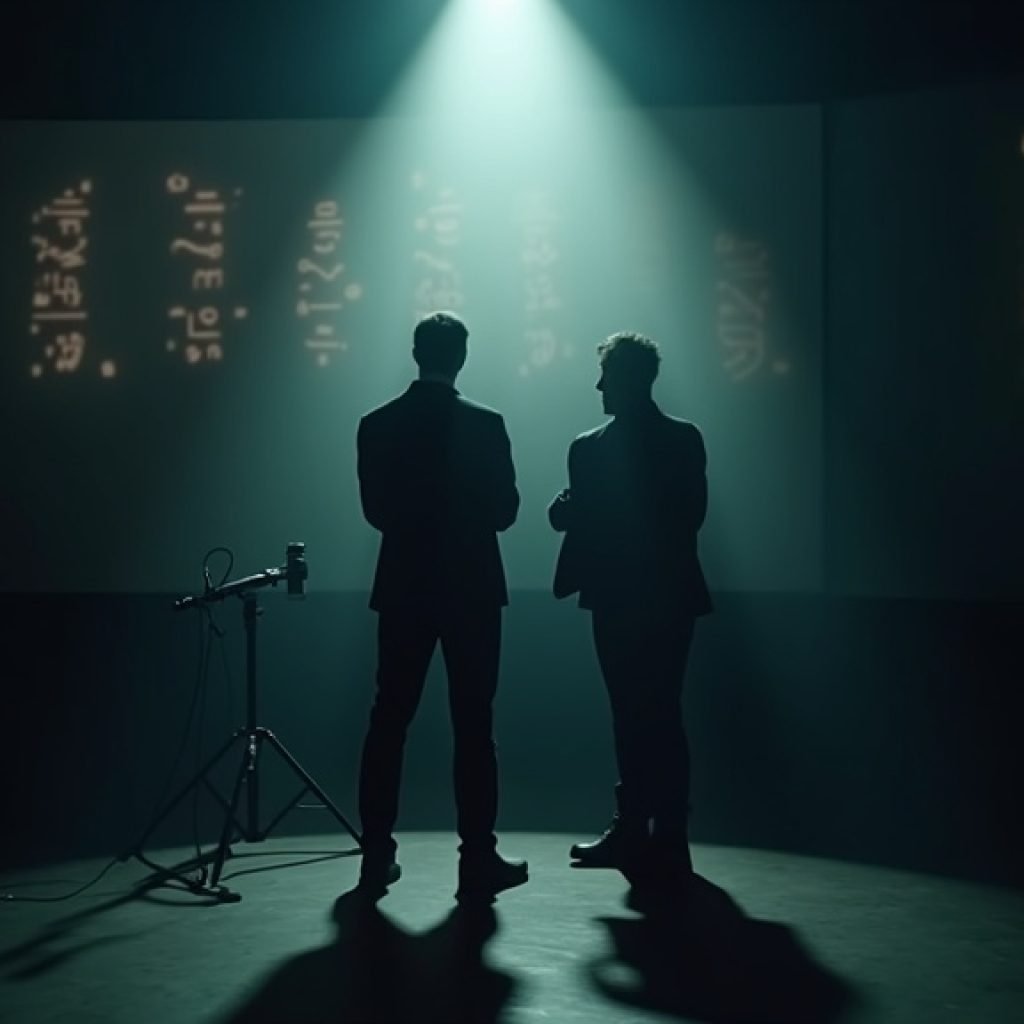Lil Wayne’s ‘Tha Carter VI’: A Confused Opus Stumbles Amidst Genre-Bending Experiments
Lil Wayne, a titan of the hip hop music landscape, returns with “Tha Carter VI,” an album that was hotly anticipated by fans eager to hear the latest chapter in his storied “Tha Carter” series. However, this installment proves to be a deeply disappointing entry, struggling under the weight of its own creative ambitions and a palpable identity crisis. While glimpses of the lyrical prowess that cemented Wayne’s legendary status remain, the album’s overall execution is significantly hampered by confused and poorly thought-out production and beat selection.
A Stumble in the Lyrical Department
On the surface, “Tha Carter VI” shows some welcome glimmers of evolution in Lil Wayne’s artistic approach. Notably, his lyrical arrangement of syllables and rhyme schemes demonstrate improvement. The intricate weaving of words and the rhythmic flow that have always been a hallmark of his delivery are present, showcasing that the veteran MC can still craft compelling verses. These moments, however, are too few and far between to salvage the album from its more significant shortcomings. It feels as though Wayne is still finding his footing within the sonic architecture of the project, leading to a disjointed listening experience.
An Identity Crisis on Full Display
The core issue plaguing “Tha Carter VI” is its apparent lack of a cohesive artistic vision. The album attempts to incorporate a bewildering array of disparate elements, creating a sonic tapestry that feels more like a patchwork quilt than a seamlessly integrated work. This is most evident in the album’s decision to feature unexpected genre-bending moments, such as a cover of a Weezer song and the sampling of Italian operatic tenor Andrea Bocelli. While artistic experimentation is often laudable in hip hop, these specific choices feel jarring and, frankly, poorly executed within the context of a Lil Wayne album. The integration of such diverse influences does not feel organic; instead, it highlights the album’s struggle to define its own sound, leaving listeners questioning the overall direction and intent.
A Beacon of Light Amidst the Fog
Despite the overarching criticisms, “Tha Carter VI” is not without its merits. The collaboration with Jelly Roll and Big Sean on the track titled “It Feels Beyond Strange” stands out as a genuine highlight. This particular offering provides a much-needed moment of clarity and connection, demonstrating the potential of what the album could have been. The synergy between the artists, coupled with a more focused production, allows for a track that resonates and showcases a more cohesive creative vision. It’s a testament to the artists involved that they managed to create such a compelling piece within an album that otherwise struggles to find its groove. Unfortunately, this singular moment of brilliance, while appreciated, is not enough to elevate the album as a whole or mask its pervasive flaws.
The Verdict on “Tha Carter VI”
Ultimately, “Tha Carter VI” represents a misstep in Lil Wayne’s otherwise illustrious career. The celebrated “Tha Carter” series has consistently delivered high-quality hip hop music, setting a standard for the genre. This latest installment, however, falls considerably short of those expectations. The confused production, questionable beat selections, and an evident identity crisis, despite some admirable lyrical dexterity from Wayne himself, combine to create an album that is ultimately forgettable. While fans may find solace in the few standout moments, such as the collaboration with Jelly Roll and Big Sean, the overall experience is one of unfulfilled potential. For a rapper of Lil Wayne’s caliber, “Tha Carter VI” is a disappointing reminder that even legends can falter when artistic direction goes awry. The reviews from the hip hop community reflect this sentiment, with many lamenting the album’s inability to recapture the magic of its predecessors.
In the realm of music reviews, “Tha Carter VI” serves as a cautionary tale about the pitfalls of experimental ambition without a solid foundation. It’s an album that will likely be remembered not for its innovation, but for its missed opportunities and the unfulfilled promise of its legendary artist.
























